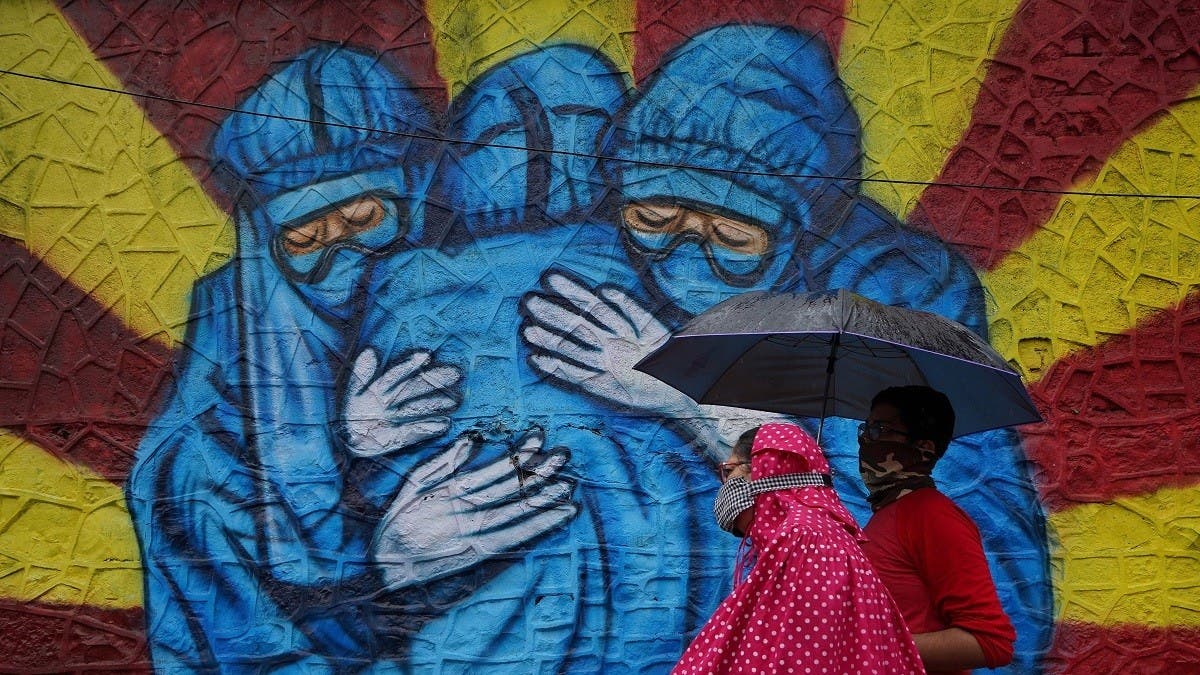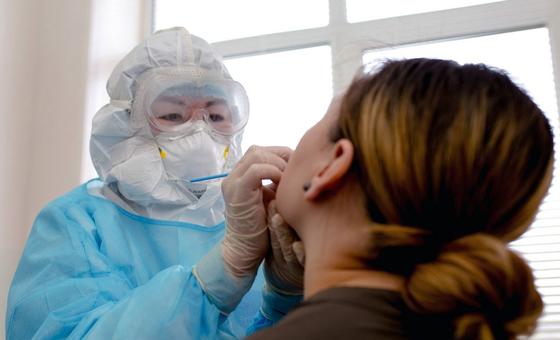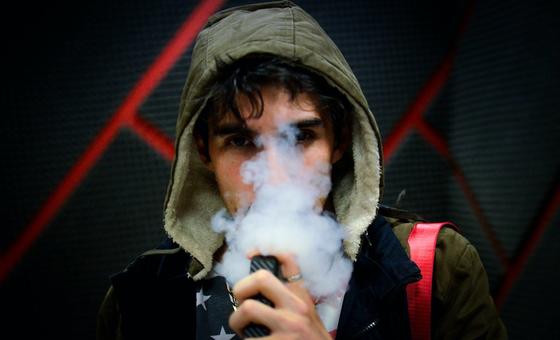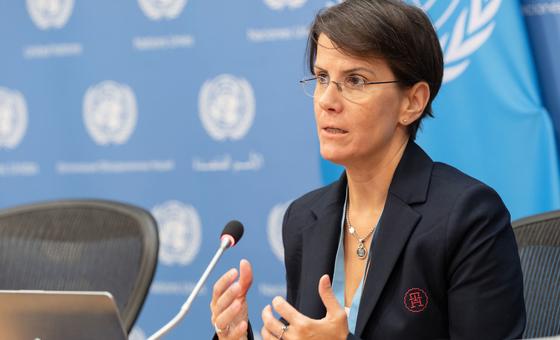India’s daily COVID-19 cases jumped to 117,100 on Friday, a five-fold increase in a week and on course to overtake its previous infection peak as the fast-spreading omicron variant replaces delta in cities.
Government officials have privately they are working under the assumption that daily infections will surpass the record of more than 414,000 set in May, given what has happened in countries such as the US where daily cases recently rose past 1 million.
For more coronavirus news, visit our dedicated page.
“We will clearly surpass our record shortly and reach a new peak by early February,” M.D. Gupte, a former director of the state-run National Institute of Epidemiology and an immunization adviser to the government, told Reuters.
“Given the size of our population, we will report more daily cases than the US But what we have seen is that these cases are much more mild, so the need for hospitalization and oxygen and all that is not picking up.”
He said India’s high rate of infection during a previous major wave in April and May, as well as vaccinations, would mean a reduction in the severity of the illness for those infected by the omicron variant.
Nearly 70 percent Indians had been exposed to the coronavirus by the middle of last year, while an almost equal proportion of adults have been fully vaccinated as of this week.
Health officials in the capital, New Delhi, and the state of Maharashtra, home to the city of Mumbai, which together account for the bulk of new cases, have said hospitals and testing infrastructure have yet to come under pressure as many people are recovering quickly at home.
In Mumbai, about quarter of all tests are positive but fewer than a fifth of those who have contracted the virus have needed hospitalization, Maharashtra Health Minister Rajesh Tope told reporters.
The city recorded 20,181 new infections on Thursday, well above its previous high of just over 11,000 set last year.
“Around 80 percent of the hospital beds are still empty,” he said. “Oxygen demand is not rising in proportion to the rising cases. Right now, there is no plan to impose a lockdown. If required, we may increase restrictions.”
The state has closed schools and colleges and limited the number of people allowed in cinemas, at weddings and other functions.
Delhi, where daily cases have risen by more than five times in a week, goes into a 55-hour lockdown from Friday night to Monday morning.
For all the latest headlines follow our Google News channel online or via the app.
Authorities have also imposed a night curfew on weekdays, closed schools, and ordered most shops to open only on alternate days when there is no curfew.
India’s COVID-19 deaths rose by 302 on Friday, taking the total to 483,178. Total infections stand at 35.23 million, only fewer that the US tally of about 58 million.
Read more:
India’s Bharat Biotech gets official approval to test nasal COVID-19 shot as booster
India launches drive to vaccinate children before a feared omicron surge
India to vaccinate teens, provide booster for health workers

 World2 years ago
World2 years ago
 World2 years ago
World2 years ago
 Entertainment7 years ago
Entertainment7 years ago
 World7 years ago
World7 years ago
 Entertainment7 years ago
Entertainment7 years ago






